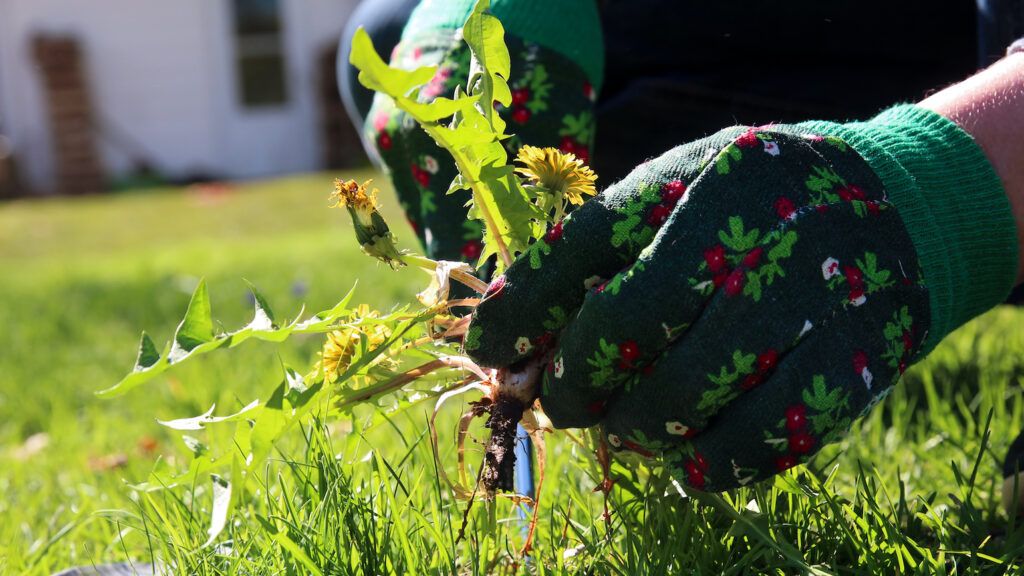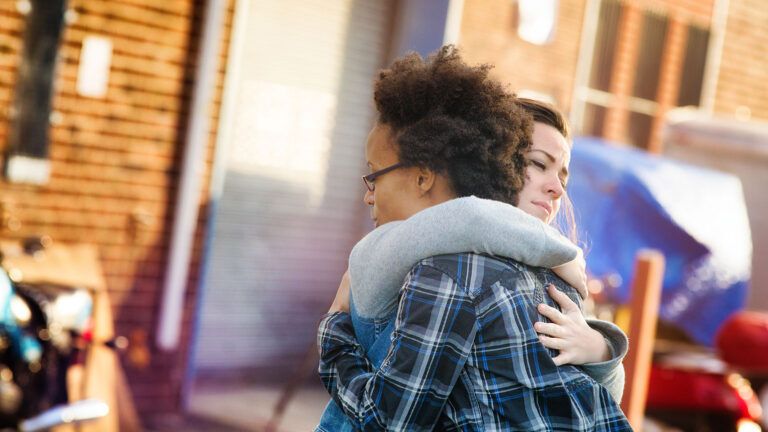On Saturday I went to the historic house up the street to do some weeding. I find gardening therapeutic, because (unlike parenting) you do the work and voila!–there is immediate gratification.
The Dyckman Farmhouse is incongruous amid the apartment buildings of northern Manhattan. It lies on Broadway across from a gas station, a sports bar and a liquor store. The mere fact that this artifact of history exists is a minor miracle. I’ve been waging quiet war against weeds there for a while, but what has bothered me most is the street-front garden, which overhangs several benches on which a varied population of people rest and reside. It took a couple of weeks to muster the courage to tackle that, less because of the 25-foot tendrils of rose bushes or the invasive porcelainberry, but because tackling the weeds necessitated encounters with the people who reside below them.
Honestly, it was by far the best day of gardening I’d ever done. As I clipped strands of out-of-control purple sage, I met George and Viejo, who keep a broom hidden nearby to sweep up trash. I met a man who informed me that three people had died on the bench from which I was snipping runaway ivy. (I assured him I had no plans to be #4—he laughed, and I brightened his day). Twice, and then thrice, I spoke with a woman with dementia who asked if she could take some of the debris because “I can make it into bouquets and sell them for $3 and that will be dinner for me.”
It was fabulous. I hauled five huge armfuls of weeds to the compost pile…and met a host of people others might have overlooked. Now when I walk by I do not wonder who those people are, because I can make eye contact and say hello. And when I tackle the other half of the stretch of garden facing Broadway (three hours was not enough!) I will do so as a neighbor, an acquaintance, a human being. After all, the only way to be Christ to others is to encounter them. And sometimes weeds are the way we connect.





